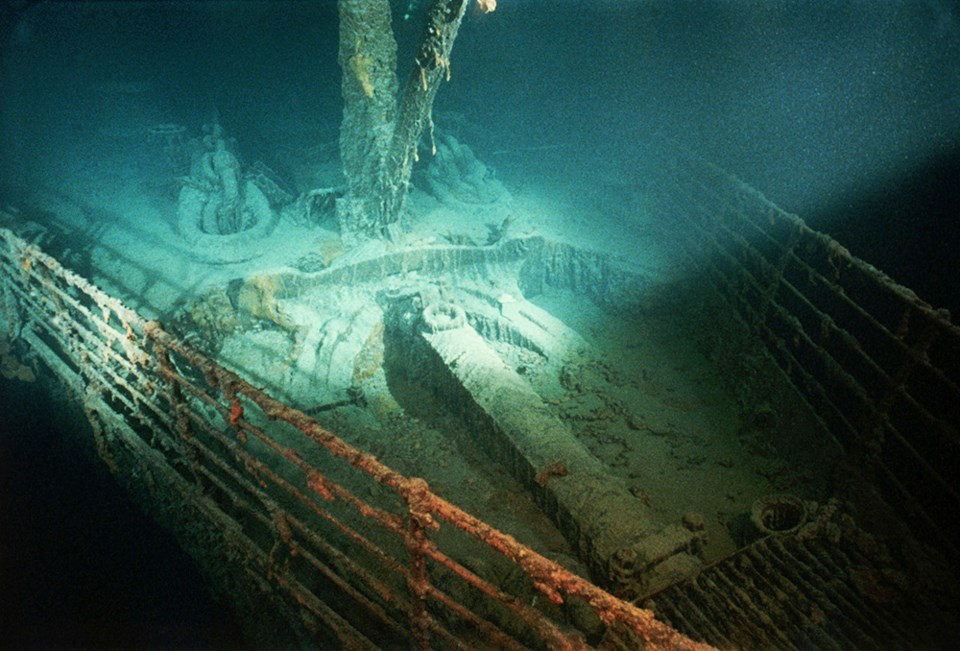Between midnight on June 14 and midday on June 17, while continents away from each other on separate oceans, the inherent inequality between human beings was, tragically, on all our screens in front of our transfixed eyes.
Unless you were in a cave with bad WiFi, it was impossible not to bear witness, via satellite link, to the event which exposed the darkest angels of our species.
On June 17, several hundred kilometres from St. John’s, Newfoundland, OceanGate’s founder and four passengers, who paid to be deep sea tourists and take selfies where the Titanic sits in her grave since 1912, were lost at sea.
When there was no communication from the submersible craft, everyone around the world watched as fleets of aircraft and other naval vessels flew over and under the Atlantic, using the most sophisticated technology of American and Canadian naval forces, including a ship from France.
On June 15, Greek authorities were informed of a vessel in distress somewhere in the Mediterranean Sea off the coast of Greece. The Greek coast guard circled and assessed that the rusted and dangerously overcrowded fishing boat was on its proper course to the Italian coast.
The boat, which began on the Libyan coast, sank on June 16. Rescuers saved 104 people; tragically over 500 people are missing and presumed to be dead.
The evidence is piling up again and again that organized, global networks of human traffickers are exploiting desperate circumstances and treating people, including babies, like a commodity similar to guns, cocaine,or IKEA furniture.
The world is a global digital village now and, paradoxically, we can witness great human achievements such as, for example, clouds of satellites orbiting earth and spreading the internet where it was recently impossible.
In the Mediterranean, more than 500 humans, including babies, were left to drown and be anonymous figures: the price of doing global corporate business. The dead were from Egypt, Pakistan, and war-decimated Syria. They were black and brown people.
The tragedy proves, yes, there is a price on a human life with skin colour a major influence in pricing catalogues.
This article is not an attempt to stir feelings of guilt or shame. It is difficult to watch these sad events happen without the possibility to change the outcome.
If it is the global geopolitical reality based on complex influences like history, residual tribalism left over from millions of years of Darwinian evolution, we should tear it all down and build something new and better from the ashes.
Robert Skender is a qathet region freelance writer and health commentator.



